Description
ABSTRACT
Unmasking the Legal Complications in the Termination of Fixed and Periodic Tenancies
Olagoke Odubunmi*
The imperativeness of an understanding of the law on termination of fixed and periodic tenancies respectively cannot be lightly regarded. Once a fixed tenancy is not properly determined or a notice terminating a periodic tenancy as the case may be is irregular, the court’s jurisdiction to grant recovery of possession to the landlord is automatically ousted.1 As simple as the subject matter of determination of leases and tenancies may seem, same is however embedded with a lot of complexities and multiple legal requirements that if not complied with renders every other steps taken in the process of recovery of premises a nullity.Using the Tenancy Law of Lagos State 2011 as a benchmark, this article seeks to unravel some of these legal complexities, technicalities and slippery landmines into which legal practitioners, property managers, agents and landlords as the case may be, do unsuspectingly often fall into in the process of recovery of premises; most especially in relation to the issuance and service of notices to determine both fixed and periodic tenancies.
INTRODUCTION
A leasehold relationship or interest is said to exist between two or more persons where one party gives out or lets his property to the other to use for a period and usually, though not always, in consideration of payment of rent. It is a contract for the exclusive possession and profit of land for some definite period.2 In a lease, the consideration flowing from the lessor to the lessee3 is the demised premises, while the consideration paid by the lessee is the rent and the observance of any condition or covenant in the lease. The title to the land is not conveyed, only the use and occupation of the property is given out; the property reverts back to the lessor after the expiration of the term. This feature is significant for it distinguishes a lease from a freehold which is characterised by uncertainty of term; it is essential in leases that the term is certain.4 The right of the lessor to reversion of the demised premises is essential because if the intention is to absolutely transfer the interest, it will amount to an assignment and not a lease.5
* LL.M, BL. A private Legal Practitioner based in Lagos
- See Akeju v Shonibare [1968] 2 All NLR 159
- Prudential Assurance Co. Ltd. v London Residuary Body (1992) 2 AC 286
- For the purpose of our discussion, the term “Landlord and Tenant” would be used instead of “Lessor and Lessee” respectively, while the term “Tenancy” would be used instead of “Lease”
- I.O. Smith, Practical Approach to Law of Real Property in Nigeria (ECOWATCH Publications Nigeria Limited: Lagos 1999) 161
- Y.Y. Dadem., Property Law Practice in Nigeria, (Jos University Press Limited: Jos Nigeria, 2009) 78-79

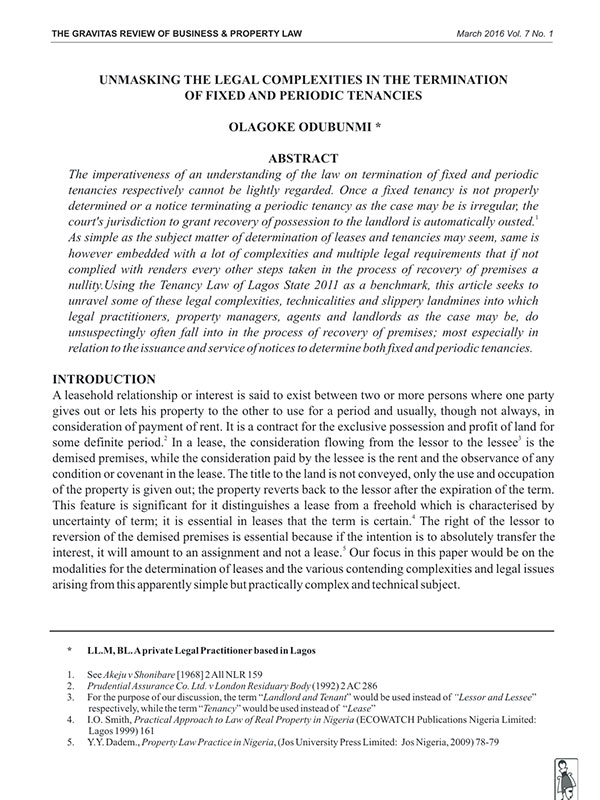
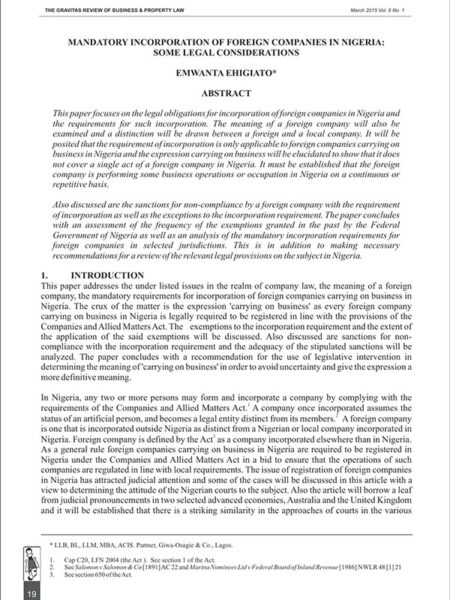
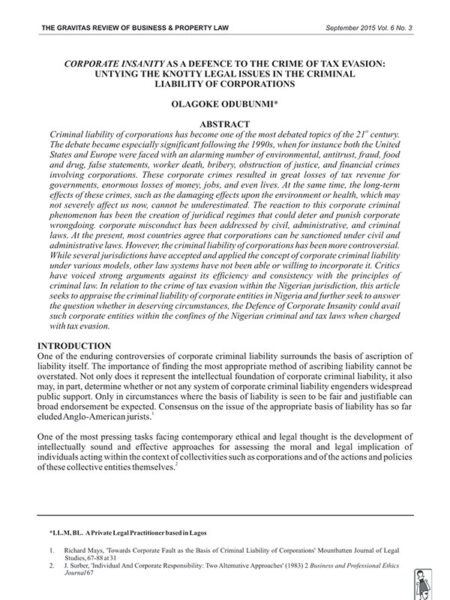
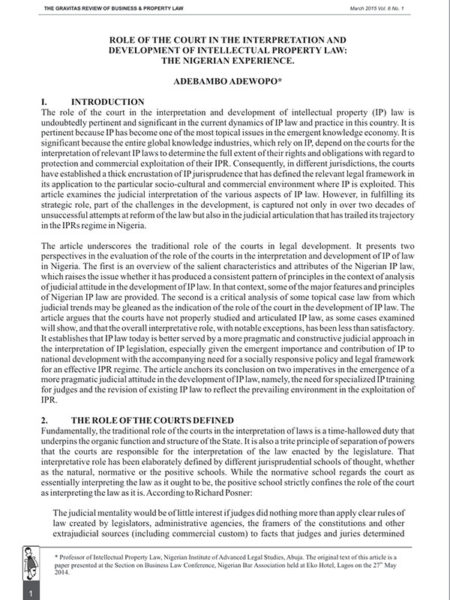
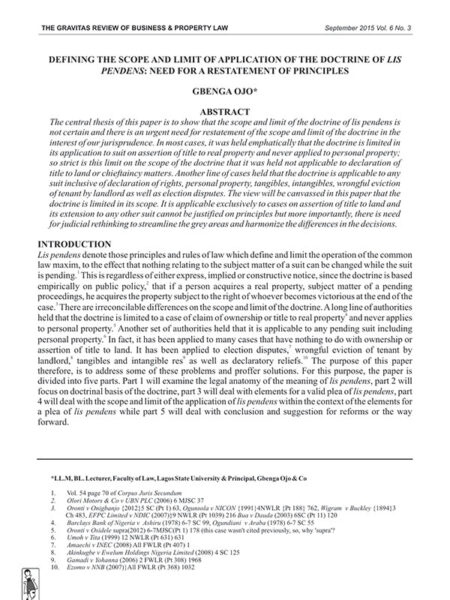


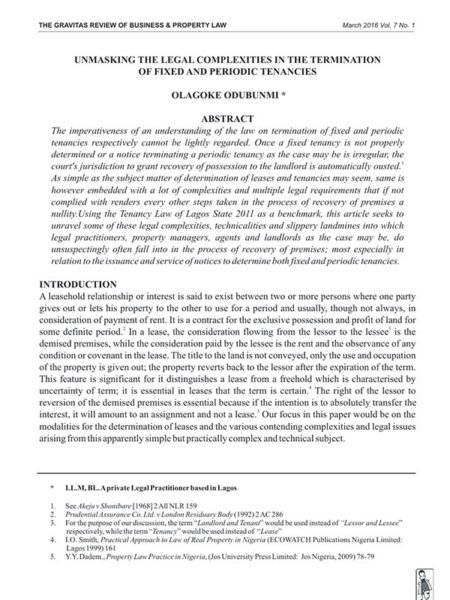
Reviews
There are no reviews yet.